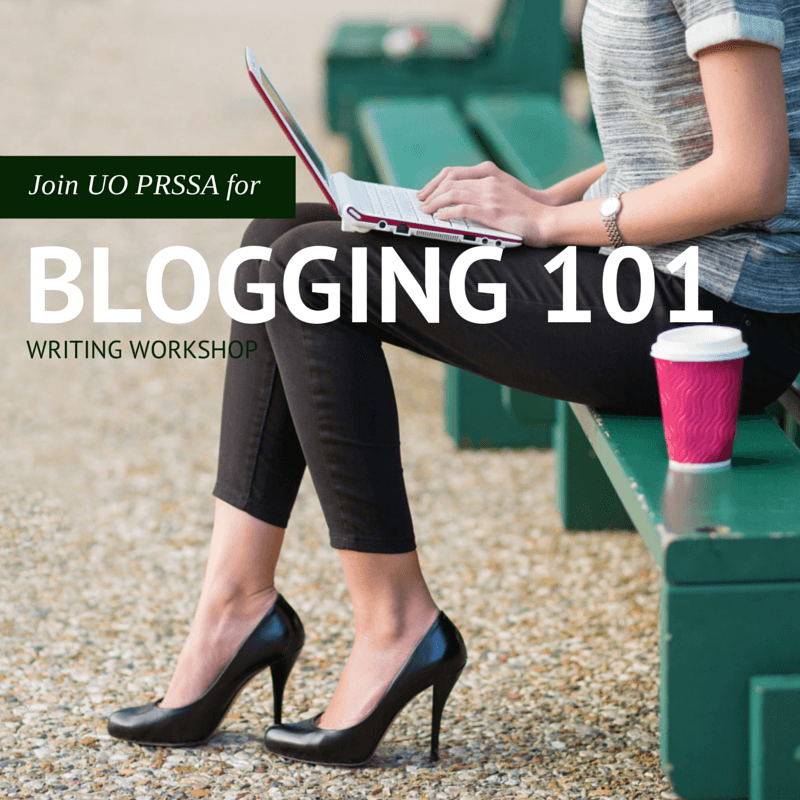By Talia Smith
It’s the PR major’s dream to snag a big-name internship over the summer, plop it on your resume in the fall and have a dream job nailed down by the time your graduate; it doesn’t always work out that way. Some of us spend the summer taking classes, traveling or working. There’s nothing wrong with that, and in fact, there are still plenty of ways to keep building upon your résumé and portfolio if interning does not fit into your summer plans. Here are some options to consider:
Create Your Own Blog
Writing consistently over the summer is a great way to practice discipline. If you can give yourself deadlines to meet, then not only will you improve your writing but you will end up with at least one solid piece to add to a portfolio. Employers like to hear that you write for pleasure because it’s an indication writing is more than a just requirement but it’s also something you are passionate about.
A few summers ago, I wrote a travel blog when I took a cross-country trip. I mentioned it in a cover letter which was later brought up in an interview. Mentioning my travel blog opened up a conversation which would not have otherwise been brought up in an interview, and the more conversational you can make an interview the better!
Write Freelance
After creating a collection of samples from your blog, you can take your writing a step further and try freelance writing. There’s a bit more effort required for writing freelance, some trial, and error, but after all of the hard work you could end up with a published piece of writing that will hold weight in your portfolio.
First take a look at the writing opportunities offered on campus. There’s the Emerald, Spoon University, and Her Campus, to name a few. If you’re looking to make a little bit of cash, you could check out a freelance writing aggregator website which will post opportunities. If you have an idea for an article, you could approach a local publication and pitch them an idea. They might want you to write the story and often appreciate articles from a college student perspective.
Manage a Social Media Account
Do you have a family member with a small business? A friend who is an aspiring musician? Or are you a volunteer somewhere that is lacking an online presence? Offer to create or manage a social media account over the summer and see how many followers you can gain. Coordinating social media for someone will provide you with quantitative results to add to your resume and you can include the screen grabs in your portfolio. That’s a summer side hustle well spent!
Volunteer Design Skills
Do you have an eye for graphic design? There are plenty of nonprofits that could use your help designing flyers, brochures, posters, social media graphics and more. Whether you have access to Adobe InDesign or use the “freemium” design website, Canva, you can really make a difference to a local charity or fundraising event by offering your skills. At the end of the event, you’ll have a spread of pieces to add to your portfolio.
If an internship is not in the cards this summer, there are still plenty of opportunities to contribute to your portfolio and expand your resume. Each of these suggestions requires self-initiative which future employers will appreciate. While you’re hitting the books, traveling abroad or working at the pool this summer, see if you can arrange one of these side projects to keep adding to your repertoire of communication skills.














